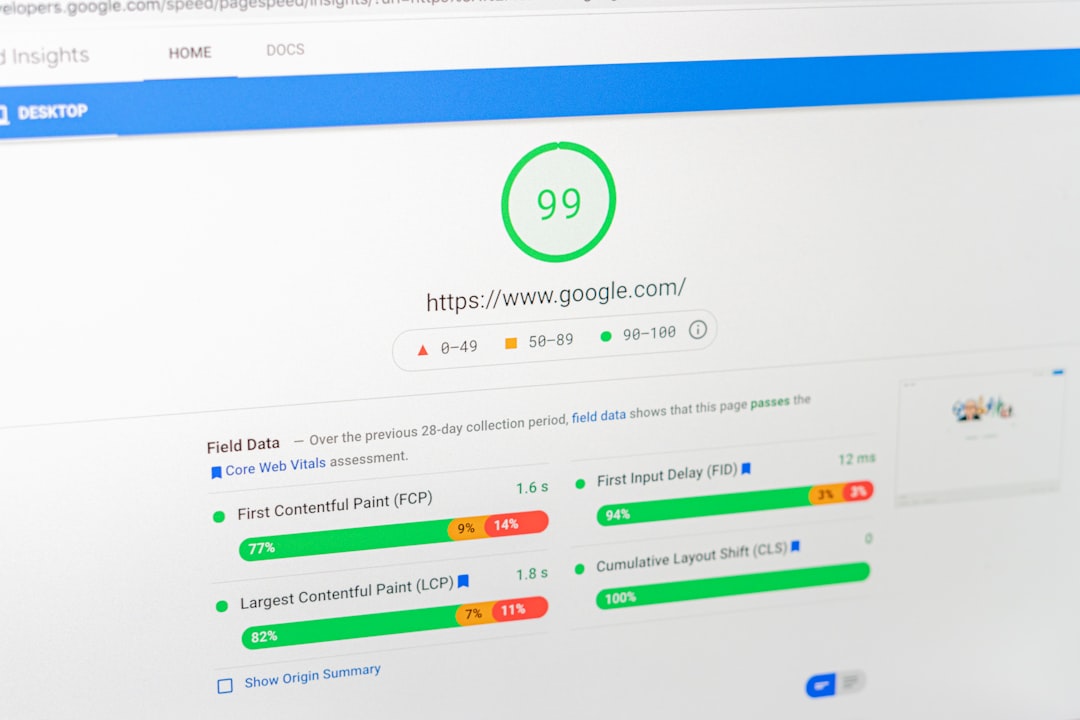SEO is always changing, but one thing stays the same—search engines love structured data. If you’re serious about getting noticed online, using JSON-LD for your structured data is a must. But writing JSON-LD by hand? That’s the stuff of nightmares. Luckily, there are platforms that make it easy. Let’s compare a few popular JSON-LD SEO platforms and see who does what the best when it comes to schemas, validation, and automation.
What Is JSON-LD?
Let’s keep it simple. JSON-LD stands for JavaScript Object Notation for Linked Data. It’s a lightweight way to structure your website’s data so search engines like Google understand it better. This helps your site show up in rich results—think star ratings, recipes, FAQs, and more.
But JSON-LD isn’t just about writing code. It’s about telling search engines who you are, what you offer, and why they should care.
Why JSON-LD Matters for SEO
If you’ve ever seen a tasty recipe with a photo, cook time, and 5-star rating right in the search results, that’s structured data doing its job. Platforms that help you with JSON-LD can boost your visibility without you touching a line of code.
Here’s how a good JSON-LD platform can help:
- Choose schemas that reflect your business (like Product, Article, Event)
- Validate your markup using tools powered by Google and Schema.org
- Automate the code generation so you don’t have to do it manually
Let’s look at the top players in the game.
1. Schema App
Schema App is made for marketers who don’t want to code. It offers full support for many schema types and connects with tools like Google Tag Manager and WordPress.
Pros:
- Big library of schemas
- Real-time markup validation
- Integrates with enterprise CMS platforms
Cons:
- Can get pricey for small businesses
- Some advanced features require a learning curve
2. WordLift
Built as an AI-powered SEO plugin, WordLift helps websites add structured data easily. It’s especially popular among bloggers, publishers, and e-commerce stores.
Pros:
- Built-in AI assistant
- Supports rich snippets and knowledge graphs
- Great customer support
Cons:
- WordPress-only plugin (sorry Drupal fans!)
- Some schema types limited without paid plans

3. Merkely
Merkely is a newer player focused on automation. It allows you to scan your site, detect existing structured data, and then fill in the gaps. This is perfect for SEO audits.
Pros:
- Great for technical users and SEOs
- Visual editor for easy updates
- Free tier available
Cons:
- Newer platform, still growing features
- No direct CMS integration yet
4. RankRanger
This is an all-in-one SEO suite with structured data features included. RankRanger doesn’t focus only on JSON-LD, but offers it as part of a bigger SEO toolkit.
Pros:
- Tracks SERP features and schema influence
- Built-in site auditor
- Link tracking integration
Cons:
- Not dedicated to structured data
- Might be overkill if you only care about schema
5. Google’s Rich Results Test & Schema Validator
While not a platform, Google’s tools deserve mention. They help validate your JSON-LD code and show you what your structured data will look like in search results.
Use them when:
- You want a second opinion on your markup
- You’re testing new schema types
- You built your own JSON-LD manually or with another tool
Tip: Use these after setting your JSON-LD to catch errors early.
Automation: Set It and Forget It?
The best part about these platforms? Automation. Once you pick your schema and map the fields, some tools will generate and inject JSON-LD code directly into your site.
With help from your CMS (like WordPress or Shopify), automated tools can:
- Update structured data when content is changed
- Trigger updates without having to re-publish pages
- Scale across hundreds of pages

How to Choose the Right Platform
It depends on what you need. Are you a blogger? A shop owner? A digital agency?
Here’s a quick cheat-sheet:
- Blogger or small business: WordLift or Merkely
- E-commerce site: Schema App with Shopify or WooCommerce
- Large business with custom CMS: Schema App or custom integration
- SEO agency: Use multiple tools + Google’s validators
If you’re coding your own pages or using a headless CMS, Merkely or Google’s Rich Result Test might be all you need. But if you’re not a tech wizard, tools like WordLift or Schema App can save you hours.
Pro Tips for Structured Data Success
- Always test your JSON-LD with a validator
- Don’t try to “cheat” with fake data—Google will catch on
- Update your schema types as your content evolves
- Track impressions, clicks, and rich results to measure performance
The Future of JSON-LD
Schema.org is growing fast. Every year, new types get added. Platforms that support auto-updating schemas and AI suggestions will soon take over the SEO world. JSON-LD isn’t just about code—it’s how your site communicates with search engines.

Final Thoughts
If you want better search presence, JSON-LD is your new best friend. You don’t have to write complex code. Platforms like Schema App, WordLift, and Merkely make it easy. Just pick a tool that fits your workflow and get started.
In the end, the best JSON-LD SEO platform is the one that makes structured data simple for you. That’s how you win in search—one rich snippet at a time.
